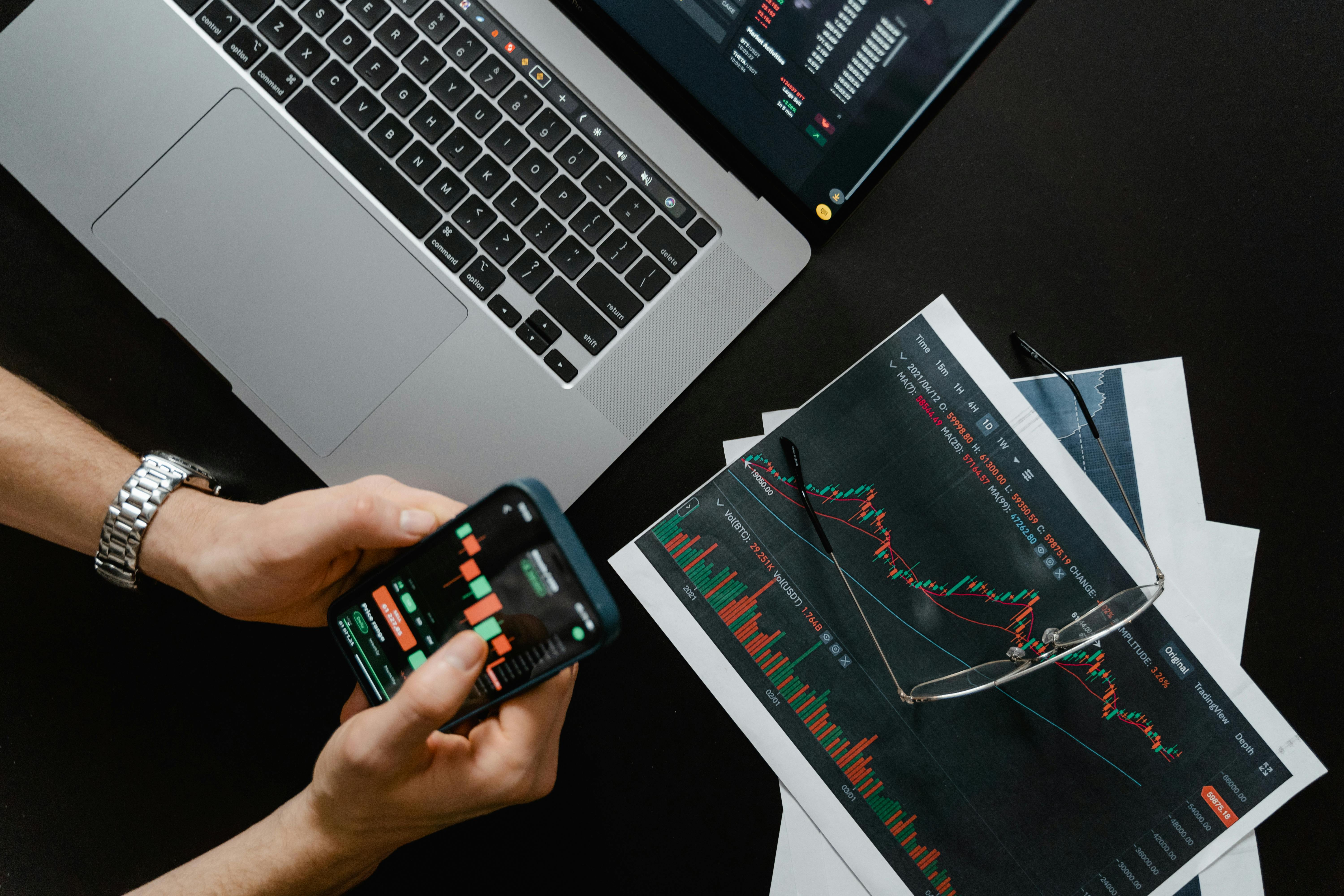
Asset Tokenization: Revolutionizing Industries Through Blockchain Technology
Asset Tokenization: Revolutionizing Industries Through Blockchain Technology
Understanding Asset Tokenization
Asset tokenization represents a groundbreaking technological innovation that enables the digital representation of real-world assets through blockchain infrastructure. By converting tangible and intangible assets into programmable digital tokens, organizations can unlock unprecedented liquidity, fractional ownership, and global accessibility across multiple industries.
Real Estate Tokenization Landscape
The real estate sector has emerged as a prime candidate for asset tokenization, presenting sophisticated investors with opportunities to diversify investment portfolios. Platforms like RealT and Harbor have demonstrated remarkable success in fractionalizing commercial and residential properties, enabling investors to purchase minute ownership percentages with minimal capital requirements.
Market Analysis: Real Estate Tokenization
| Metric | 2023 Value | Projected 2025 Growth |
|---|---|---|
| Total Market Value | $1.2B | $5.6B |
| Average Token Liquidity | 42% | 68% |
| Global Participation | 17 Countries | 35+ Countries |
Financial Instruments and Securities Tokenization
Traditional financial instruments are experiencing radical transformation through tokenization. Investment banks and fintech platforms are leveraging blockchain infrastructure to create programmable securities with real-time settlement capabilities. Companies like Securitize and tZERO have pioneered regulatory-compliant digital securities platforms.
Art and Collectibles Tokenization
The art market has witnessed substantial disruption through blockchain-enabled fractional ownership. Platforms like Masterworks and Artory allow investors to purchase tokens representing shares in high-value artwork, democratizing an historically exclusive market segment.
Emerging Markets and Infrastructure Tokenization
Developing economies are increasingly adopting asset tokenization as a mechanism for attracting international investment. Jurisdictions like Switzerland, Liechtenstein, and the Cayman Islands have established progressive regulatory frameworks to facilitate secure digital asset transactions.
Legal and Regulatory Considerations
Complex international regulations surrounding asset tokenization require meticulous legal engineering. Jurisdictions like the United States Securities and Exchange Commission (SEC) and the European Securities and Markets Authority (ESMA) have established nuanced guidelines governing digital asset representations.
Compliance Framework Overview
- SEC Rule 144 compliance
- KYC/AML verification protocols
- Cross-border transaction regulations
- Smart contract legal validation
Technical Infrastructure Requirements
Successful asset tokenization demands robust blockchain architecture, encompassing sophisticated smart contract development, secure token standards, and scalable infrastructure. Ethereum ERC-20 and ERC-721 token standards remain predominant in current implementations.
Future Technological Implications
Advancing technologies like zero-knowledge proofs, layer-2 scaling solutions, and interoperability protocols will further enhance asset tokenization capabilities, reducing transaction costs and expanding global participation.
RWA.codes: Your Tokenization Partner
At RWA.codes, we specialize in comprehensive asset tokenization solutions, offering expert consultation across legal, technical, and strategic domains. Our multidisciplinary team provides end-to-end support for organizations seeking to leverage blockchain technologies for digital asset representation.